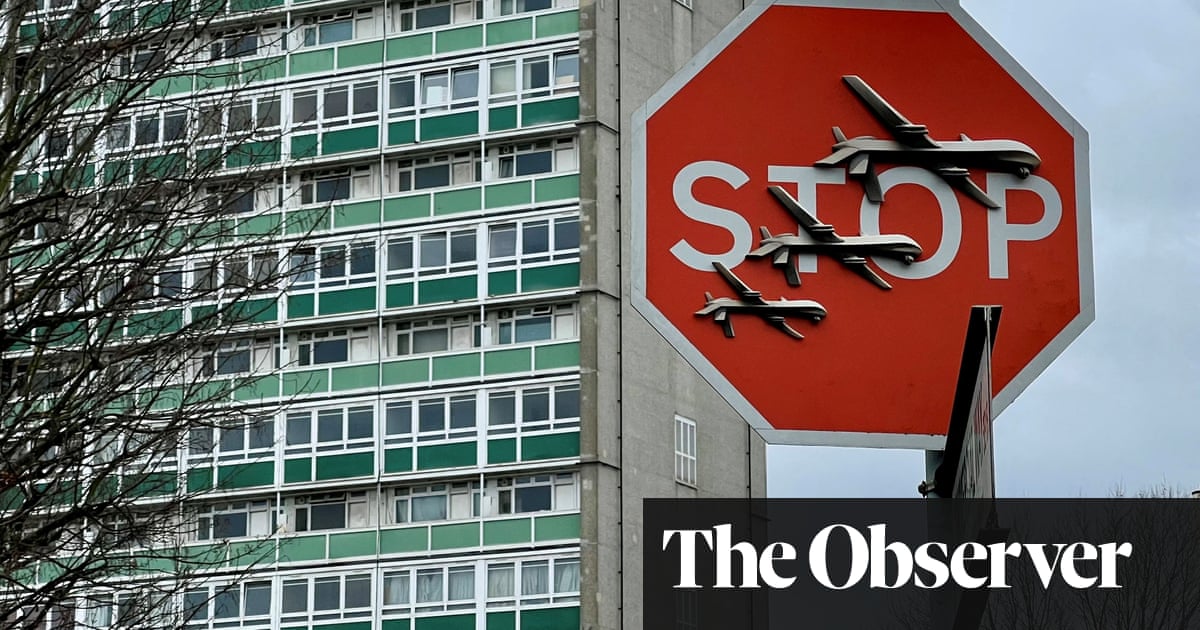
An Australian academic has been arrested in China on suspicion of “espionage,” foreign minister Marise Payne said Tuesday, in a development sure to deepen tensions between the two countries.
Yang Hengjun had been held in Beijing for several months without charge, but Payne said the author and scholar had been formally arrested on 23 August.
Yang, an outspoken pro-democracy activist, was detained in January shortly after making a rare return to China from the United States.
“If Dr. Yang is being held for his political beliefs, he should be released,” Payne said, expressing concern about “harsh conditions.” “We expect, that basic standards of justice and procedural fairness are met.”
China’s near silence about Yang’s fate and the refusal to grant consular access has been a point of friction in relations that have markedly deteriorated in recent months.
There is a growing concern in Australia about Beijing’s influence on domestic politics and growing military clout in the Pacific.
On Monday, an official corruption inquiry heard that a well-connected Chinese property developer delivered Aus$100,000 in cash to the opposition Labour Party’s headquarters before a 2015 election.
The man, Huang Xiangmo, was effectively banned from returning to Australia in February.
Australia has traditionally been keen to avoid friction with its biggest trading partner, but Payne’s statement was unusually strongly worded.
“Dr. Yang has been held in Beijing in harsh conditions without charge for more than seven months,” she said.
“Since that time, China has not explained the reasons for Dr. Yang’s detention, nor has it allowed him access to his lawyers or family visits.”
Payne said she had raised the case five times with her Chinese counterpart Wang Yi, in person and via letters.
Yang had initially been held in “residential surveillance at a designated location” before being moved t
o “criminal detention,” his lawyer told AFP.












